Kuwait's Crown Prince announces dissolution of National Assembly and calls for new elections
Wed 19 Apr 2023, 10:43:24
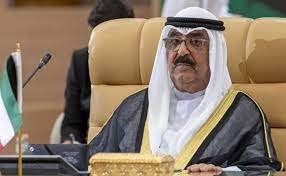
Kuwait's Crown Prince, Sheikh Mishaal Al-Ahmad Al-Jaber Al-Sabah, has announced the dissolution of the 2020 National Assembly and the call for new elections in the coming months. The decision was made based on Article 107 of the constitution, which allows for such action as a constitutional solution.
In a speech given on behalf of the Emir of Kuwait, Sheikh Nawaf Al-Ahmad Al-Jaber Al-Sabah, the Crown Prince stated that the decision was a victory for the popular will and that the people of Kuwait would have the final say in determining their fate. He also emphasized the need to adhere to the constitution, respect the will of the people, and rally around the leadership of the Supreme Commander, His Highness, the Emir of the country.
The decision to dissolve the National Assembly came after the Constitutional Court ruled on March 19 to invalidate the 2022 National Assembly due to the invalidity of the decree dissolving the 2020 parliament and reinstating the latter. The court also nullified the parliamentary elections process that took place last September in the five constituencies and invalidated the membership of those declared victorious.
To accompany the decision to dissolve the National Assembly, the Crown Prince
announced a set of political and legal reforms aimed at transferring the state to a new stage of discipline and legal reference.
announced a set of political and legal reforms aimed at transferring the state to a new stage of discipline and legal reference.
The reforms aim to prevent disagreements and abuse of power by the legislative and executive authorities and ensure the impartiality and integrity of the judicial authority by strengthening the system of governance in its composition and competencies.
The announcement comes amid a political scene in Kuwait that has caused anxiety among citizens, and the Crown Prince's decision to dissolve the National Assembly is seen as a step towards resolving the situation and restoring stability to the country.
Kuwait is considered a parliamentary constitutional monarchy with a high degree of political freedom and participation. The country has a unicameral National Assembly, which is composed of 50 members elected for four-year terms.
Kuwaiti citizens have the right to vote and run for office, and political parties are legal but are not allowed to be based on religion or ethnicity. The Emir of Kuwait serves as the head of state, while the Prime Minister, who is appointed by the Emir, serves as the head of government.
No Comments For This Post, Be first to write a Comment.
Most viewed from International
Most viewed from World
AIMIM News
Latest Urdu News
Most Viewed
May 26, 2020
Is it right to exclude Bangladesh from the T20 World Cup?
Latest Videos View All
Like Us
Home
About Us
Advertise With Us
All Polls
Epaper Archives
Privacy Policy
Contact Us
Download Etemaad App
© 2026 Etemaad Daily News, All Rights Reserved.



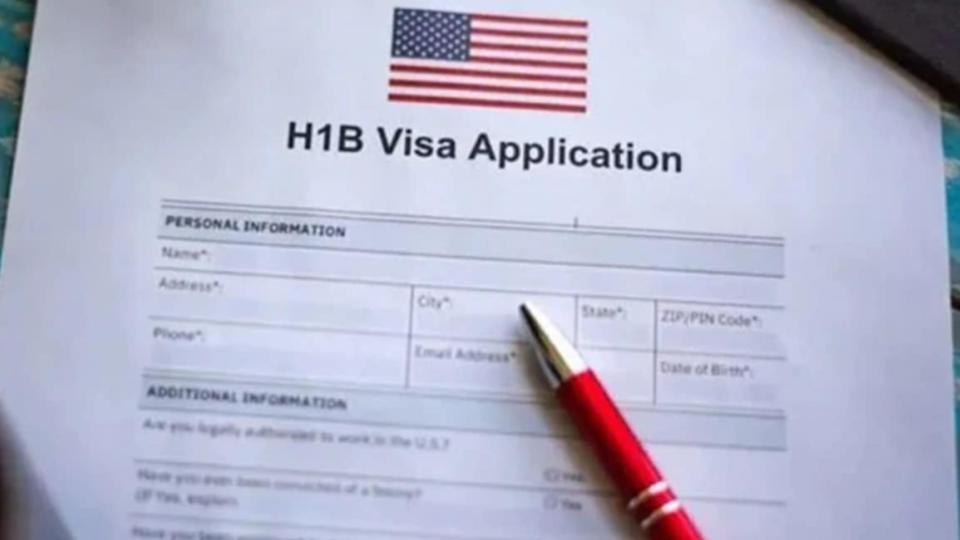
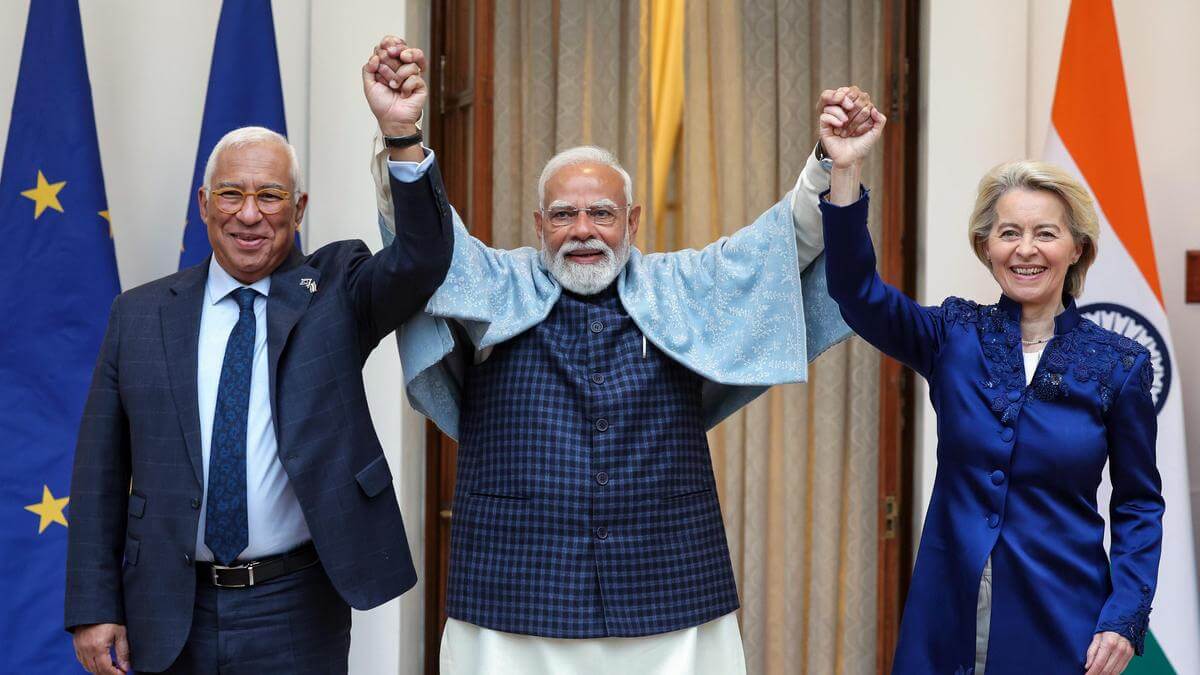


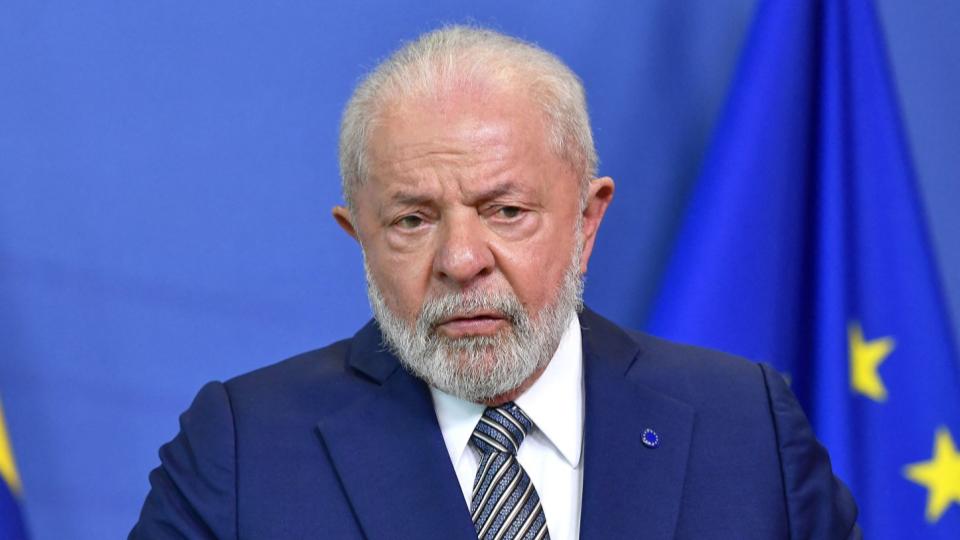


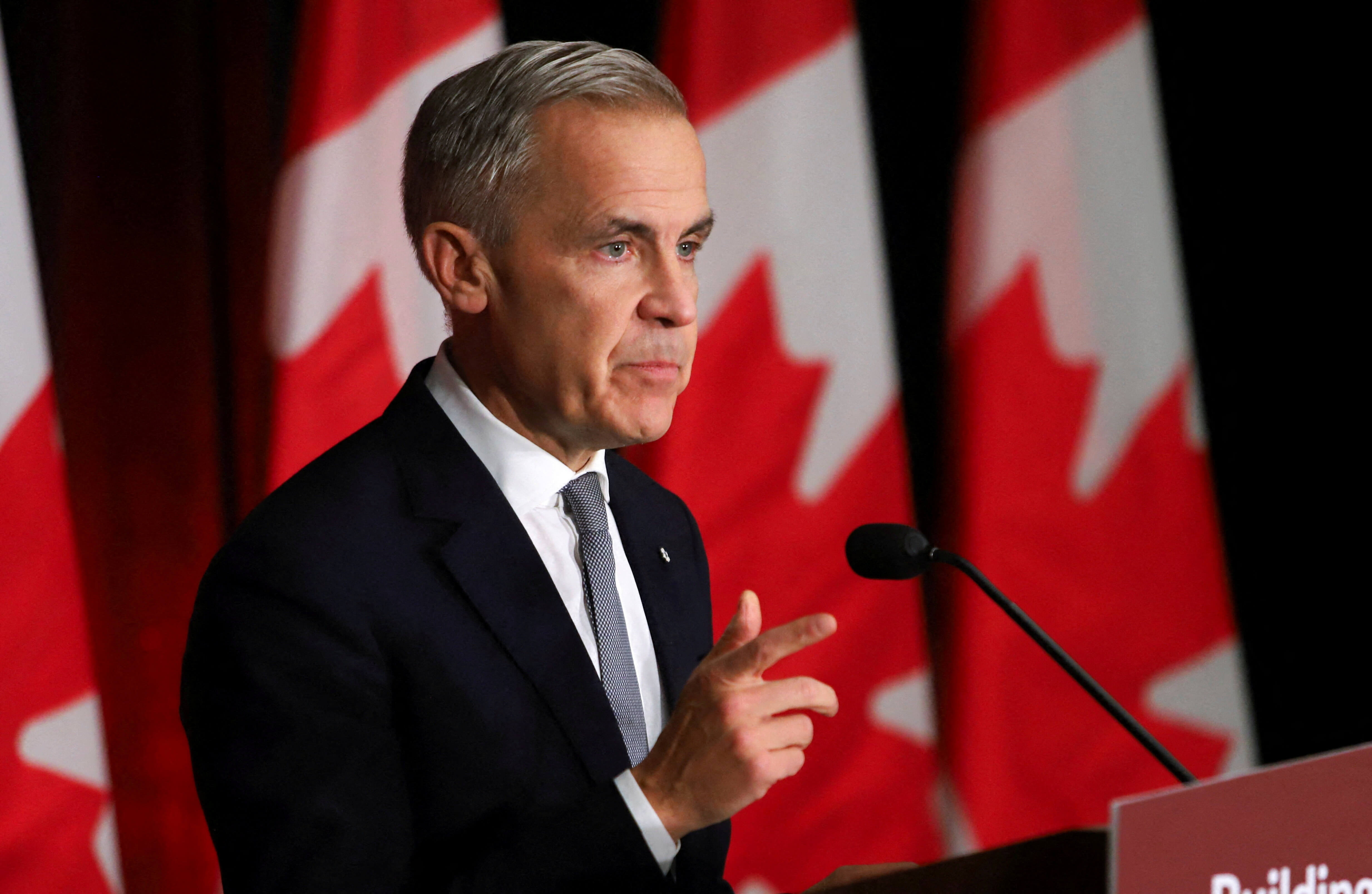
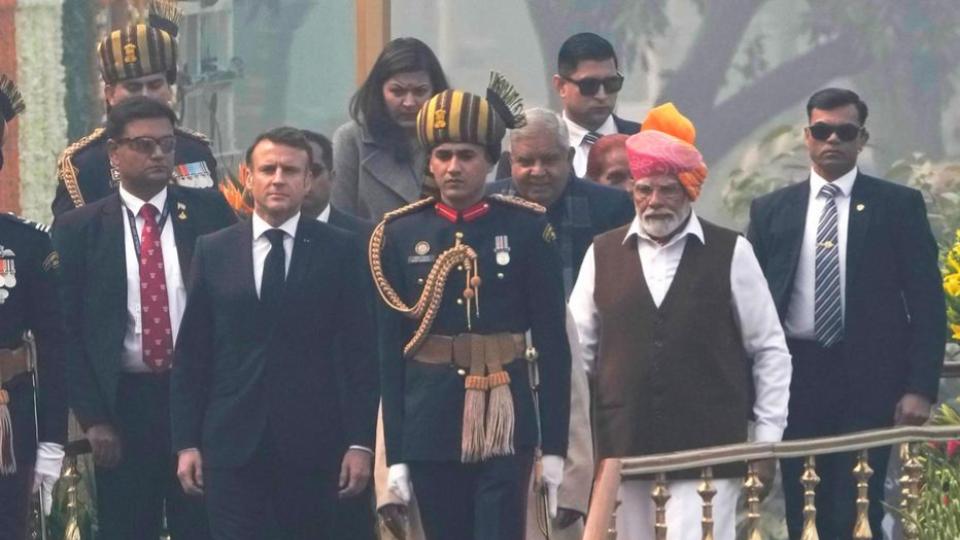







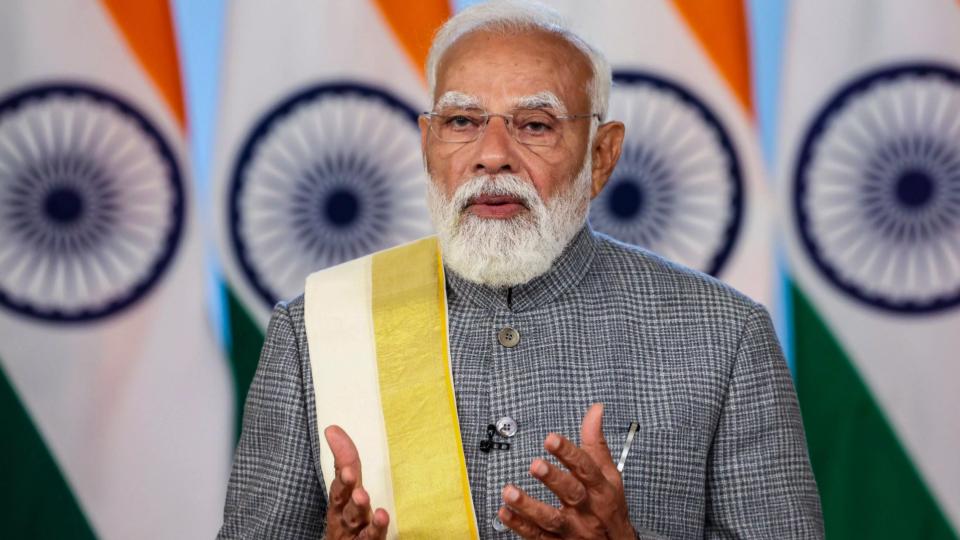

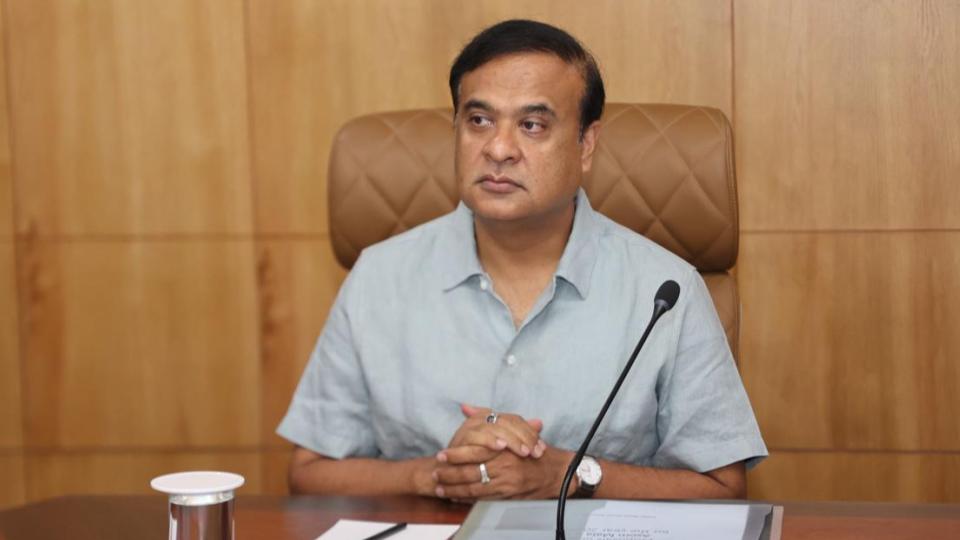















.jpg)
.jpg)
.jpg)


